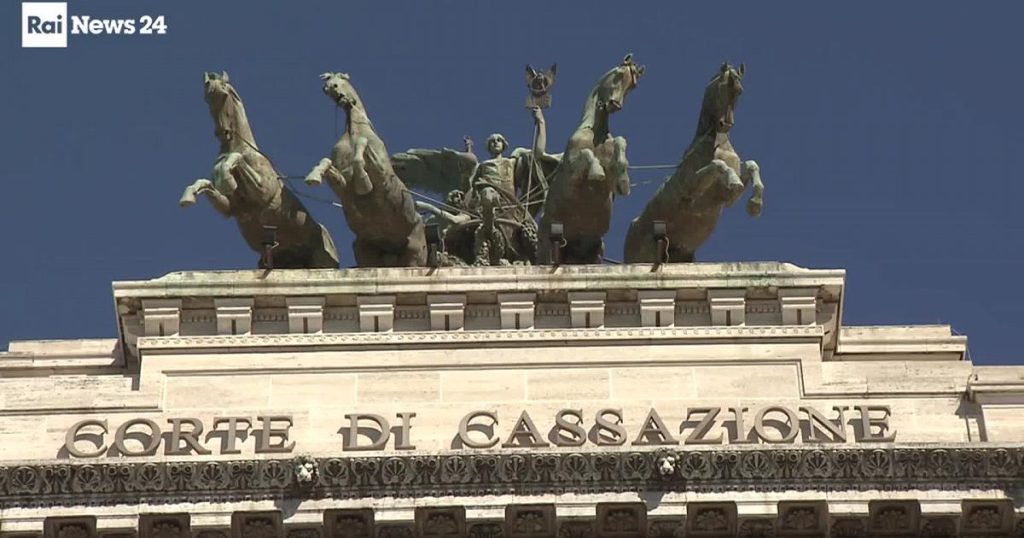The Supreme Court has ruled that the evaluation of safe countries for repatriation belongs to the competent ministers, suspending any decisions until the European Court of Justice makes a decision on the matter. The majority and opposition have differing opinions on the ruling: Fratelli d’Italia and other majority parties see it as the end of a campaign of deception with full justification for the government. The Democratic Party countered by stating that the right does not understand court rulings, while Azione emphasized the futility of the decree on migrant flows. Following the signing of the budget law by the President, the majority is focusing on economic issues with Noi Moderati praising the balanced and concrete maneuver. On the other hand, Forza Italia and Lega are already planning for 2025, calling for the scrapping of certain expenses to finance tax cuts for the middle class and the extension of a flat tax for self-employed workers, with the League particularly concerned about this issue.
In the meantime, the opposition is attacking the timing and contents of the budget law, with the 5-star movement criticizing it for resembling a maneuver from the Monti government rather than one from Meloni’s administration. Patuanelli criticized the influence of arms lobbies, while Verdi and Sinistra also attacked on environmental grounds. Renzi, in a dispute with La Russa, did not back down, accusing an abuse of power by certain individuals within the institutions.
Overall, this situation demonstrates the complex political landscape in Italy, with different parties and groups having conflicting views on issues related to migration, economic policy, and government legitimacy. The role of the judiciary in making decisions on key matters such as repatriation is a point of contention, with some praising the court’s decision and others criticizing it. The opposing views within the majority and opposition parties highlight the challenges faced by the government in implementing policies and managing disagreements among different stakeholders. The focus on economic issues, budgetary decisions, and taxation policies also underscores the importance of these issues in shaping the political discourse and influencing decision-making processes in the country.
The debate surrounding the budget law and the implications for different sectors of society, such as the middle class and self-employed workers, sheds light on the ongoing struggles over economic policy and social welfare in Italy. The opposition’s criticism of the government’s approach to these issues reflects broader concerns about the impact of policies on vulnerable populations and the need for more equitable and sustainable solutions. The emphasis on environmental issues by certain parties highlights the growing importance of sustainability and green initiatives in political discussions and decision-making processes. Overall, the conflicting perspectives and policy priorities of the various parties involved in these debates underscore the complexity of governance and the challenges of balancing competing interests and values in a complex and evolving political landscape.


